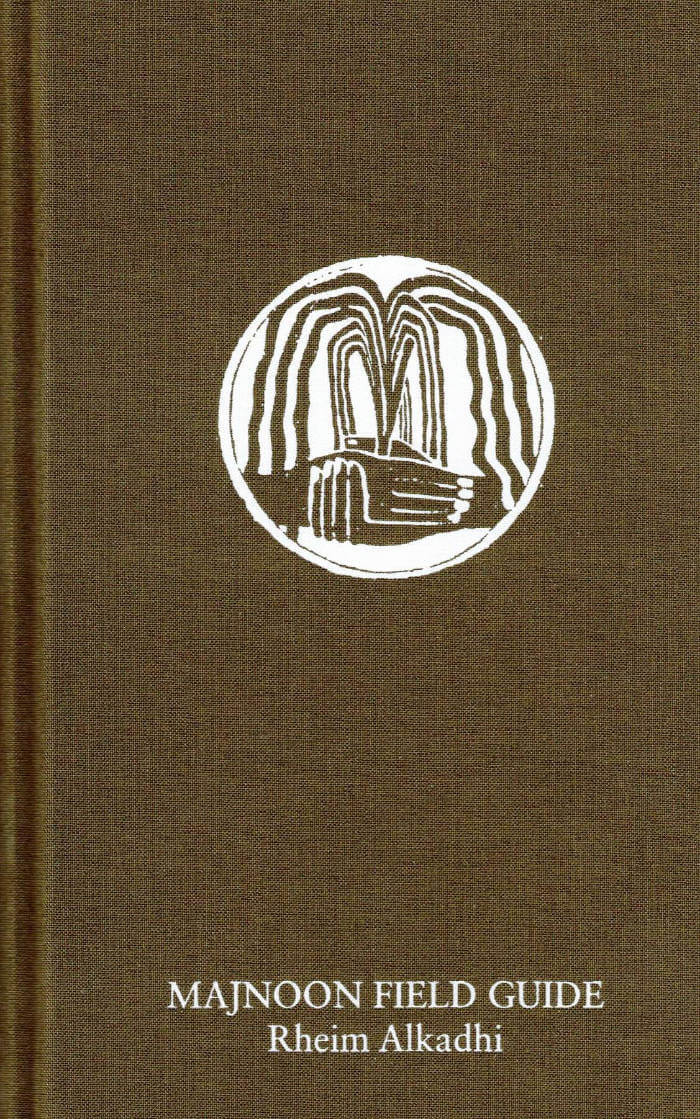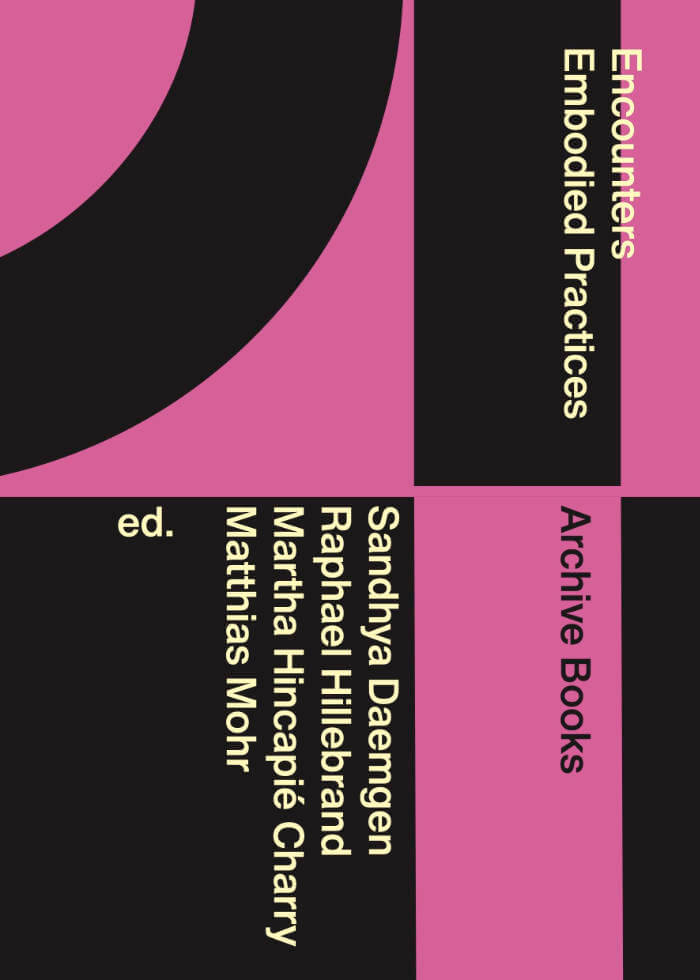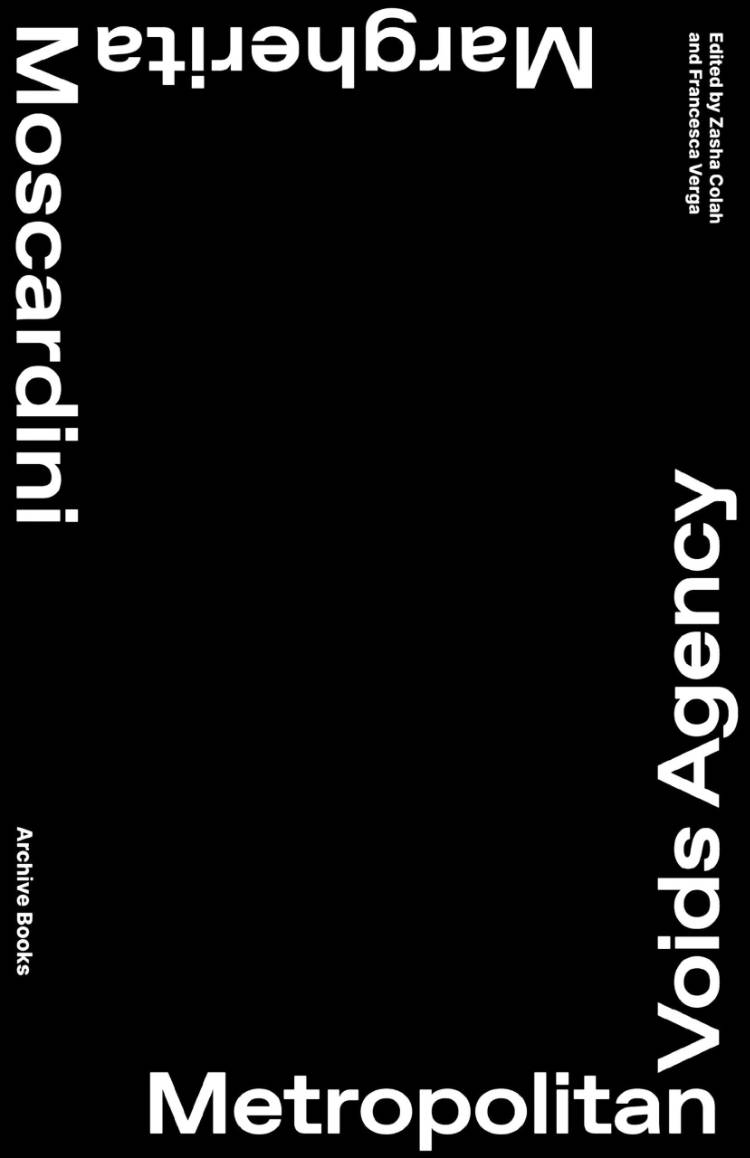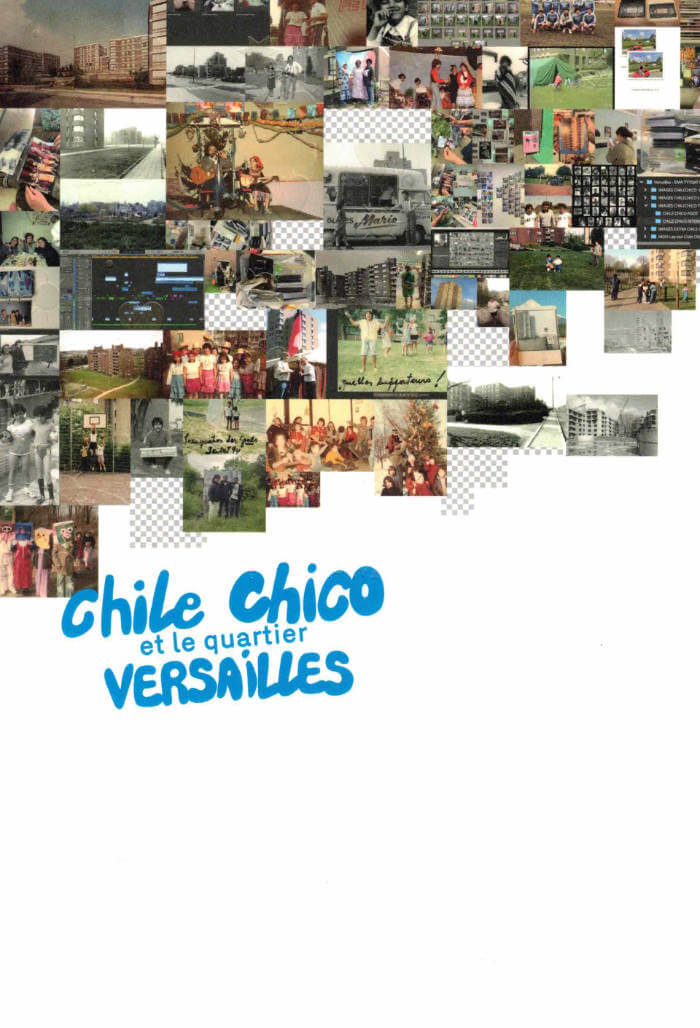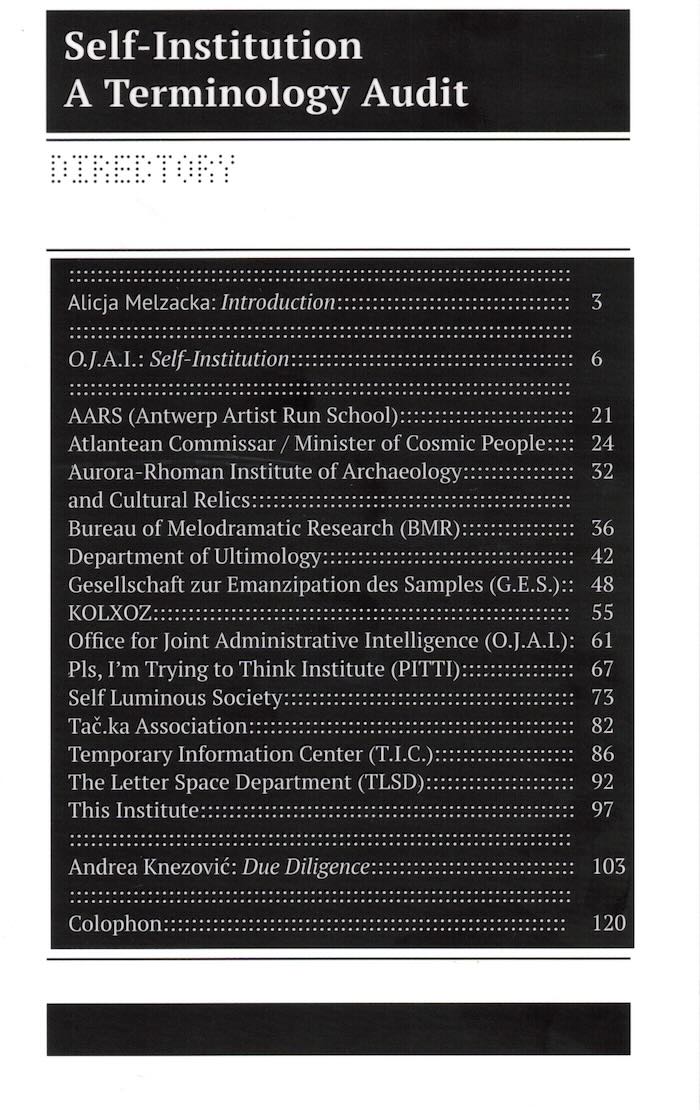A book that examines the process of performing the self, distinctive for the formation of the self in Western neoliberal societies in the 21st century. It approaches the self from a transdisciplinary angle where political and cultural anthropology, performance studies and dramaturgy intersect.
Starting from their concern with the crisis of the social, which coincides with the rise of individualism, Vujanović and Cvejić critically untangle individualist modes of performing the self, such as possessive, aesthetic, and autopoietic individualisms. However, their critique does not make for an argument for collectivism as a socially more viable alternative to individualism. Instead, it confronts them with the more fundamental problem of ontogenesis: how is that which distinguishes me as an individual formed in the first place? This question marks a turning point in the study, where it steps back into the process of individuation, prior to, and in excess of, the individual.
The process of individuation, however, encompasses biological, social, and technological conditions of becoming whose real potential is transindividual, or more specifically, social transformation. A ‘theater of individuation’ (Gilbert Simondon) captures the dramaturgical stroke by which the authors investigate social relations (like solidarity and de-alienation) in which the self actualizes its transindividual dimension. This epistemic intervention into ontogenesis allows them to expand the horizon of transindividuation in an array of tangible social, aesthetic and political acts and practices. As with every horizon, the transindividual may not be closely at hand; however, it is certainly within reach, and the book encourages the reader to approach it.
"Towards a Transindividual Self is an ambitious and capacious effort to theorize a new way to approach collectivity for political purposes through the lens of performance. Convinced that the current neoliberal conjuncture has only heightened a form of capitalist individualism that blocks notions of the social, the authors aim to show that a "transindividual formation of the self can bring about different courses of action and a more socially driven imagination." Transindividuation, they assure us, shows how "we form ourselves on the basis of interdependence, sharing, commonality, as well as indispensability of the individual as the agent of creativity/ knowledge, freedom, and change, who 'possibilizes' their own conditions of formation."
— Professor Janelle Reinelt (University of Warwick), co-editor of Critical Theory and Performance (University of Michigan, 2006)
"Perhaps the most striking thing about this book is the manner in which it is able to engage with multiple discourses from political theory to aesthetics. In this way it both follows the ambitious scope of Simondon’s work on individuation, and expands into areas that Simondon did not cover, most notably politics and cultural politics, which is the book’s central concern. Rather than ask the question is the individual imagined or real, an effect of social relations or their distortion, the focus on the transindividual makes it possible to grasp individuation as a process: “Instead of pondering how the passage from one to many occurs, individuation permits us to immediately trace a bidimensional process in which both individual persons and the collectivities they form are altered. Another meaning of the crisis of the social has brought about a perfect slogan of such a process of transindividuation: ‘No one will be left alone in the crisis.” (…) Towards a Transindividual Self does a brilliant job of not only arguing for the importance and relevance for the transindividual as a concept for politics, performance, and the politics of performance, but of demonstrating a bold standard for political and aesthetic inquiry."
— Professor Jason Read (University of Maine), author of The Politics of Transindividuality (Brill, 2015)
Co-published by Oslo National Academy of the Arts, Sarma and Multimedijalni institut.
